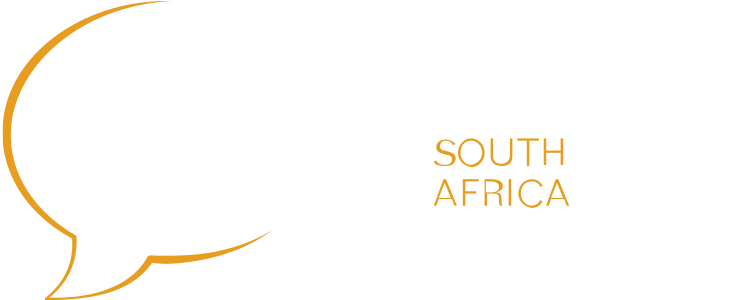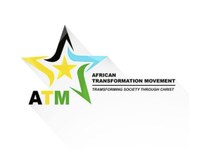Press release: Proposal to ban foreign funding of NGOs a red herring – FSU SA
Proposal to ban foreign funding of NGOs a red herring – FSU SA
The reported intention of the African Transformation Movement (ATM) to table a private members’ bill aimed at checking the foreign funding of Non-Governmental Organisations (NGOs) that are critical of South Africa’s policy choices is merely another wrong-headed attempt to stifle the fundamental right to free speech set out in Section 16 of the Constitution.
Section 16 protects freedom of expression, including words and other expressive activities. The right also extends to ideas that will offend or disturb people and therefore includes a duty to be tolerant of others.
Repeated attempts have been made under our democratic dispensation to restrict the activities and views of NGOs by, inter alia, interfering with their funding.
It appears the ATM is concerned about NGOs using funding to oppose legislation and policies. The very purpose of many NGOs is to oppose legislation and policies. In South Africa, it could be considered a moral duty to do so, given the ruinous effects of policies and laws which have turned South Africa into a near economic basket case.
ATM leader Vuyolwethu Zungula is reported as saying that the new legislation will seek to expose "foreign agents" using NGOs and civil society groups as fronts to push their political agendas, which he believes are often aimed at destabilising South Africa.
In fact, if an NGO and/or its foreign funders breaches a law in South Africa, there is more than enough legislation to tackle such breaches.
For example, the Non-Profit Organisations Act No. 71 of 1977 obliges an NPO to register with the Department of Social Development to be recognised under the Act; to maintain adequate standards of governance, transparency, and accountability; to submit narrative and financial reports to the Directorate annually; to promote transparency in the operations and financial transactions of NPOs; and to comply with the requirements for submitting reports.
Free Speech Union SA director Sara Gon says: “There are myriad laws, including company and tax laws, that govern the operation of non-profit companies to ensure greater transparency from NGOs about their funding sources.”
Gon adds: “More to the point, however, the ATM should rather pay attention to the real risks in our political landscape which threaten the genuine interests of South Africa’s people.
“Prominent among these is the perennial impulse to curb free speech when this foundational freedom of our constitutional democracy has proved so effective in exposing the very policy and legislative failures that are chiefly responsible for weakening the South African state and impoverishing its people.”

